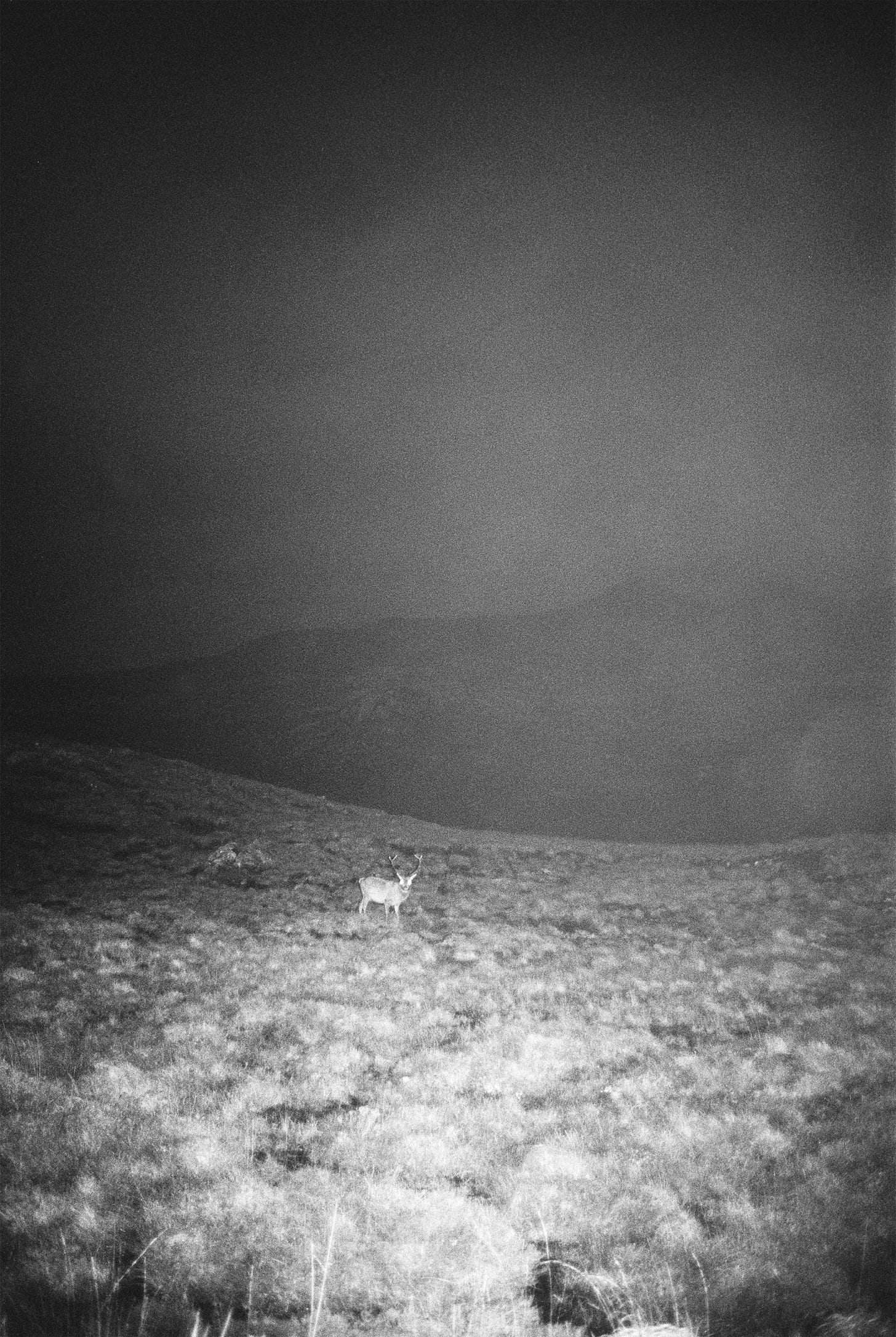It is perhaps unsurprising that the roots of our word for ‘longing’ come from ‘long’ in the sense of distance: the old English Langian literally means “to grow long, lengthen,” and is consequently used as “to yearn after, grieve for.”
The notion that distance (especially growing distance) automatically elicits desire is so rooted in our cultural psyche that it’s almost impossible to run a thought experiment considering alternative options. In fact, it’s probably such a surprising thought that you had to reread or didn’t understand the meaning of the last sentence.
What I mean is this: why is it so hard for us to imagine that distance growing—either between us and a person or object or distance growing through the inevitable plod of time—could elicit contentment, wonder, or gratitude? Even when what leaves us was negative, or left for the right reasons, we tend to develop a kind of nostalgia for it.
As my poetry professor at University put it, “the fact that we can be nostalgic for utterly shit times in our life is what makes poetry possible.”
It’s not unusual to miss exes that made our lives hell, jobs we couldn’t wait to leave, to ‘make’ it and then proceed to reminisce about the romance of our twenties, when we were still ‘struggling’ in drafty apartments on carb-heavy diets.
There are countless stories about longing, but one in particular, located near the base of the Western canon, which is likely responsible for part of our inherited relationship to longing. It is the myth of Aristophanes, told in Plato’s Symposium. If you haven’t heard it before, it goes something like this.
Asked to define love, Aristophanes tells a creation story. In it, humans began not as we are now, but as three conjoined shapes, descended from the heavenly bodies of sun and moon. Each shape was essentially two bodies, sealed together down the back, with faces on both sides. There was a shape that sealed a woman to a woman, a shape that sealed a man to a man, and a shape that sealed a woman to a man.
The world these proto-humans inhabit is analogous to our post-Christ cultural interpretation of the garden of Eden. It’s supposedly great. Better than great—it’s supposed to be perfect. And yet, just as something sparked Eve’s intuition that something was missing—something worth endangering paradise for—these humans weren’t actually all that satisfied after all.
Aristophanes writes that because these beings were ‘unruly’ and ‘powerful’, they attempted to scale the heavens. This upset Zeus, who flung some lightning bolts and split them down the center, thus halving each conjoined being into two separate beings with a ‘front’ and a ‘back.’ The punishment for their hubris was to spend the rest of their lives searching “for their other half.” I can’t find out definitively one way or another, but I suspect the origin of our contemporary phrase “searching for my other half” is derived from this 2,500 year old myth.
If you google the phrase “searching for my other half” you can’t find any etymological deconstruction of it, because the internet is flooded with blogs protesting the phrase, asserting that the thinking here is all wrong, that each of us is whole individuals and that to think of love or desire this way is toxic. It is out of vogue, in 2021, to think that love or union could provide a sense of wholeness.
Analysis of this trend aside, it’s worthwhile to sit with this story longer, to dig deeper into it. The reason I think this story is so powerful is that it offers an incredibly compact definition of longing. To spend your life searching for your other half is to be in a constant state of lack as a result of the distance between you and Other. That longing is painful (it is, after all, a punishment from the Gods), but it is also what inspires movement. Movement toward the object of desire is really movement, period. Think about it: if we were entirely content, what would ever motivate movement? And without movement, where would we get any of its byproducts—growth, change, learning?
The real genius of the story is when we move past the surface interpretation and notice a little troubling detail. To be condemned to search for your other half your whole life presupposes that if you achieved it, you would regain a sense of wholeness, that you would be at peace. But that wasn’t these beings’ original state. If they were at peace, why did they try to scale the heavens?
The paradisal state also contained longing. There’s no escape from it. Even if we were literally conjoined with what is supposed to make us whole, we will always find something other to us that we try to move towards. It’s what animates us. In this sense, we can perhaps come to a more nuanced definition of longing, one that neither prompts contentment nor endless suffering: longing is what endows the becoming of life with meaning. There is no start or end, no lack and final consummation. Like the proto-humans of Aristophanes story, it isn’t about whether we are whole or incomplete as begins, but rather that wholeness or completion is navigated verbally, in how we extend ourselves into the world, in the act of reaching out, again and again.
Words - Finnegan Shepard www.finneganshepard.com
Photography - Mischa de Stroumillo www.mischadestroumillo.com






What a delight this reflection is! And the inherent desire to be or do something else resonates with the Buddhist concept of Dukkha, which refers to the inescapable human tendency to be dissatisfied... and the necessity of that as a precondition for growth.